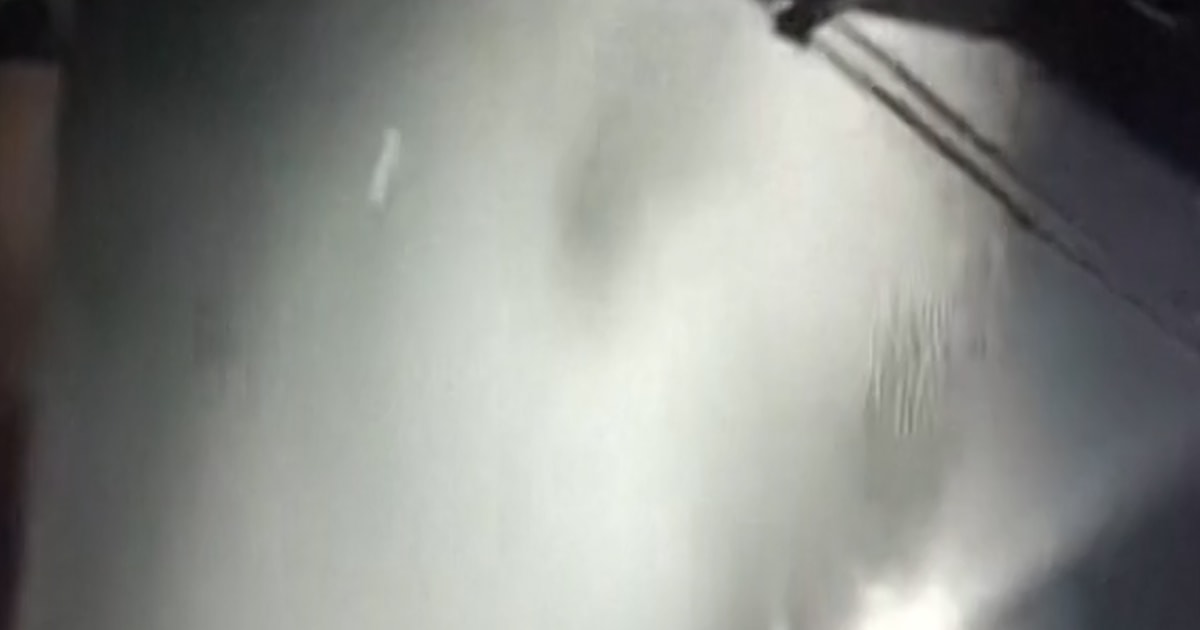An Israeli vessel used a water cannon to intercept the boat ‘Mikeno’ in the Gaza aid flotilla, according to activist video.
Source link
Water cannon intercepts boat in Gaza aid flotilla


An Israeli vessel used a water cannon to intercept the boat ‘Mikeno’ in the Gaza aid flotilla, according to activist video.
Source link